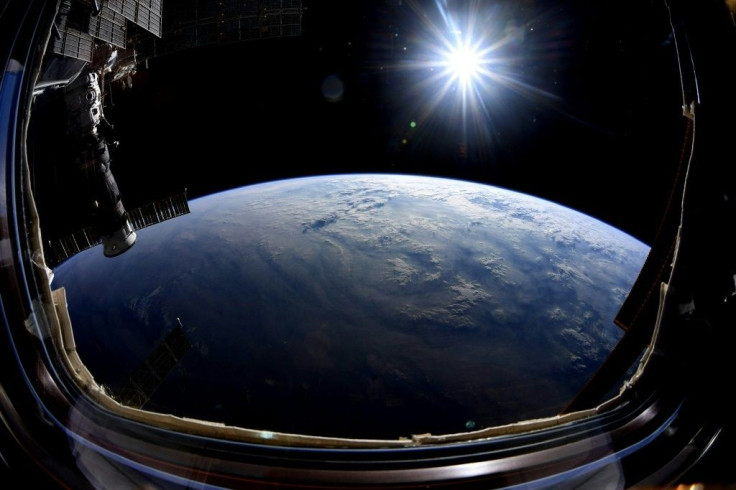Astronauts Preparing For ISS Mission Taking Precautions To Avoid Spreading Coronavirus To Space
KEY POINTS
- Three astronauts are preparing to go to the ISS in April
- They are taking extra precautions to make sure they don't bring coronavirus to space
- So far, the ISS is free of the virus
The main astronauts, as well as their substitutes, have already begun the pre-flight practical examinations for the scheduled launch to the International Space Station (ISS) on April 9. Amid the preparations, the astronauts are taking strict precautions to make sure that they don't bring coronavirus to space.
Protecting Space From Coronavirus
Astronauts are routinely quarantined ahead of space missions to protect them from contracting any infections but, given the current situation with COVID-19, the quarantine for NASA astronaut Chris Cassidy and Russian cosmonauts Ivan Vagner and Anatoly Ivanishin, as well as the reserve crew, began earlier than the usual.
The astronauts are also strictly recommended not to leave the Star City training center, where all astronauts prepare for missions, and they will also skip traditional pre-launch rituals such as visiting the Kremlin wall and the house of Sergei Korolyov before leaving for Baikonur, Kazakhstan.
The visit to the Kremlin wall is a tradition because the first man in space, Yuri Gagarin, is buried beside it. Sergei Korolyov, on the other hand, was a key engineer for the first space launch.
According to the head of Star City, Pavel Vlasov, the quarantine was expedited because of the pandemic, especially considering that there are already 28 cases of COVID-19 in Russia as of March 12, most of which are in Moscow. In fact, group tours of Star City have also been canceled due to the outbreak.
So far, the ISS is free of the virus since the last manned spacecraft docked last September before COVID-19 began its global spread.
Coronavirus Disruptions To Space Industry
The precautions that the astronauts are taking are just some of the disruptions that are happening to the busy space industry because of the COVID-19 pandemic. Only recently, NASA had to enforce a mandatory telework status at Ames Research Center in Silicon Valley after an employee tested positive for the virus.
Furthermore, the European Space Agency and Roscosmos’s ExoMars mission, which was initially scheduled to launch this year, has been postponed for sometime between August and October 2022 partly because it still requires further testing but also because of the COVID-19 outbreak.

© Copyright IBTimes 2025. All rights reserved.






















